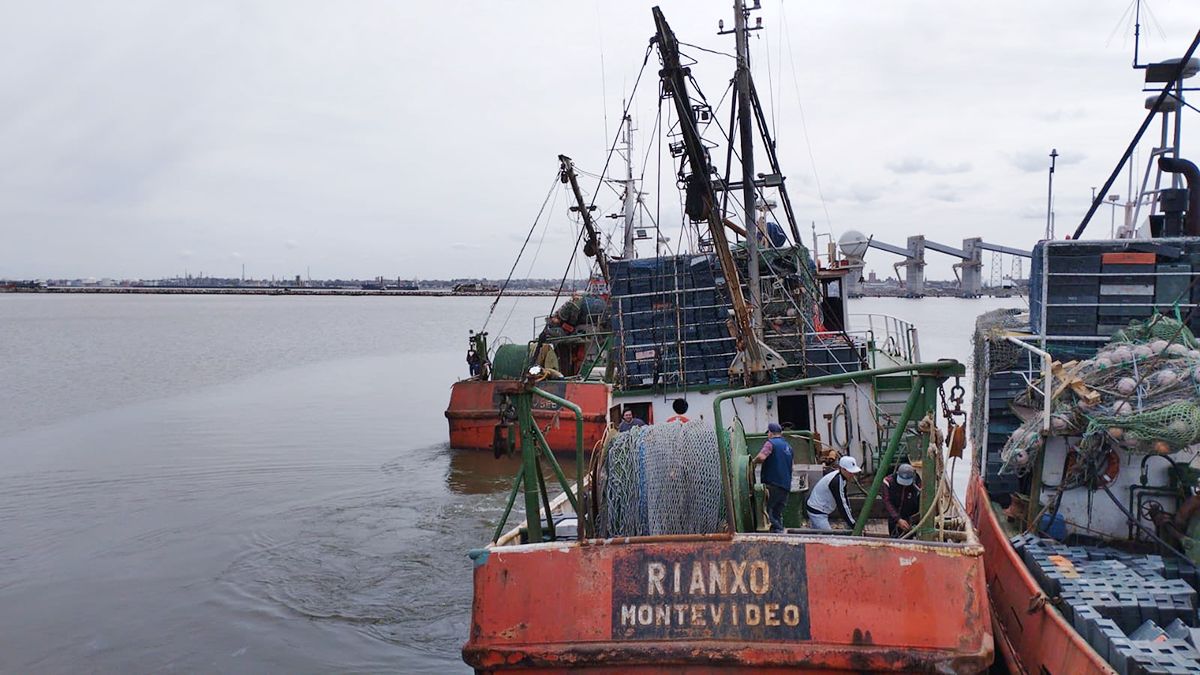The union center raised with the government the need for special unemployment insurance for fishing workers.
He PIT-CNT warned about the “delicate situation” that the Uruguayan fishing sector continues to go through and raised with the Ministry of Labor and Social Security (MTSS) the need for special unemployment insurance for workers in the sector.
The content you want to access is exclusive to subscribers.
He president of the union center, Marcelo Abdalaexplained in a press conference that some fishing workers “go to the side”, although “there is a percentage that is awarded by collective agreement”, but that “many times the worker does not have the wages that are requested of him to go to the insurance unemployment” so “they are unable to work and without any income.


“The situation is distressing and we are in solidarity with the Maritime Inter-Union so that quick solutions are found to this problem,” emphasized the union leader.
On the other hand, Abdala expressed the need for the State to “turn on the lights” with regard to fishing, since “an appropriate fishing strategy is needed for the country.” “This has to do with food sovereignty and with a very important wealth that we have,” he said.
“You have to know that Uruguay It has a maritime territory larger than the land area and, however, we are not taking advantage of that wealth due to the responsibility of businessmen who, it seems to me, are wanting to use the workers as cannon fodder for some claim they have in (the Ministry of) Economy“Abdala explained.
“Companies seek to obtain benefits from the State”
For its part, Alexis Pintosof the Single Union of Sea and Related Workersstated that “it is not the first time” that fishing companies use these strategies to “take hostages and use workers and strikes to obtain some tax reduction or some type of benefit from the State.”
According to Pintos, the “obsolete discourse” of businessmen about the profitability of the sector directly affects more than 3,000 families who live directly from fishing, but the “collateral damage” is greater when the indirect jobs are added.
Source: Ambito




